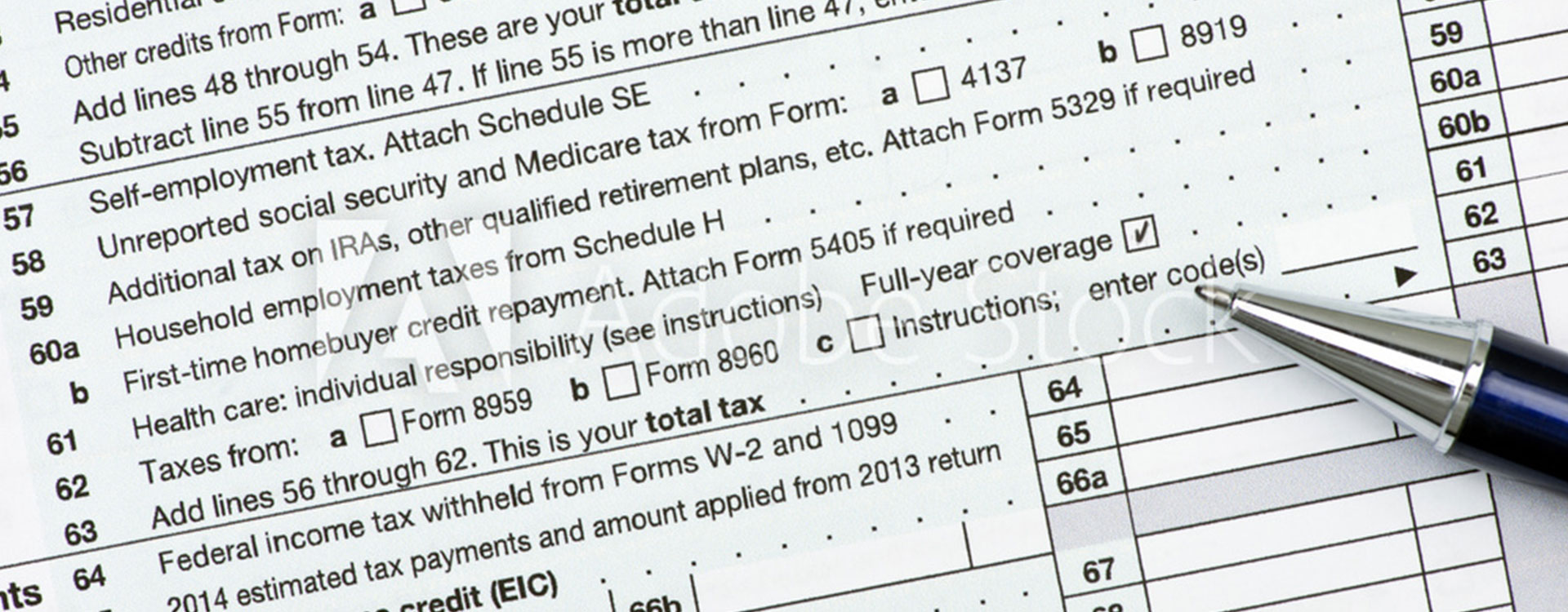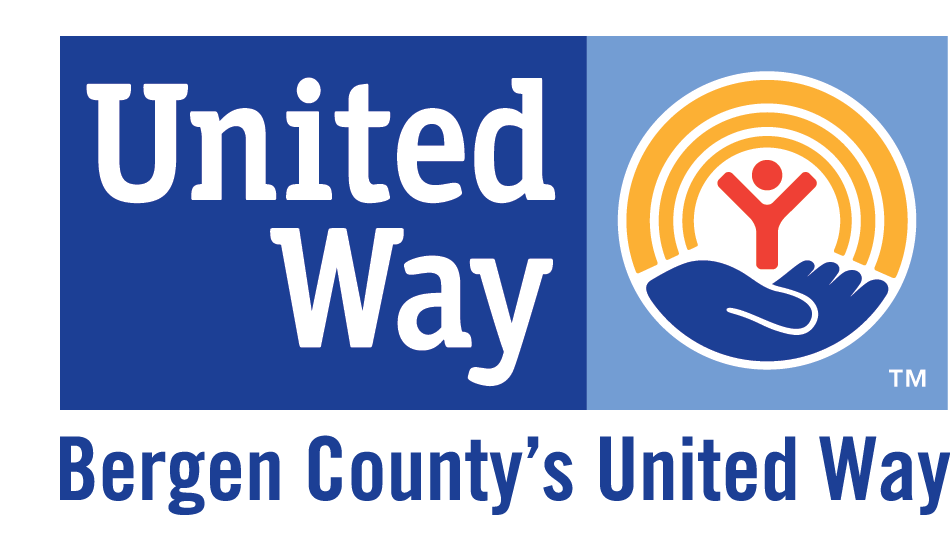
30 Apr Tax Reform and Charitable Giving
With the introduction of tax reform this year, you may be looking at your finances and wondering how you will be impacted. For many taxpayers, the new tax law creates an opportunity in the form of increased disposable income. Here are a few of the changes that may affect you.
Income Tax Brackets
Whether you’re a single filer or a married person who files jointly, separately or as head of household, your tax bracket will be new in 2018. The new law maintains seven tax brackets, but lowers rates for most brackets: 10, 12, 22, 24, 32, 35 and 37 percent. Most taxpayers will see their tax rate decrease. A married couple with a combined income of $150,000, for example, will go from a 25 percent tax rate to 22 percent under the new law.
Standard Deduction
The new law nearly doubles the standard deduction to $12,000 for single filers, $18,000 for heads of household and $24,000 for joint filers.
Personal Exemption
The new tax law repeals the personal exemption.
Itemize Deductions
If you elect to itemize this year, your deductions may look a little different (though charitable deductions remain under the new law). If you purchase a new home, there is now a cap on the mortgage interest deduction for the first $750,000 of debt on your primary residence. Under the new plan, if you itemize your deductions, you will be able to deduct up to $10,000 for income, sales and property taxes.
Charitable Contributions for Cash Gifts
The new law increases the 50 percent of your adjusted gross income limitation for donations by cash, check or credit card to 60 percent.
What Didn’t Change
Charitable Deductions
You will still be able to deduct your charitable contributions when you itemize your taxes.
Long-Term Capital Gains and Dividends
The tax rates on capital gains and dividends remain the same at 0, 15 and 20 percent, depending on your tax bracket.
Talk With Your Tax Professional
There are many ways you can give this year that not only make a difference at Bergen County’s United Way, but offer you benefits as well. Please consult with your tax or financial advisors to determine the best charitable giving strategies for you.
A Great Time to Be Charitable
With the lower tax brackets, you may find yourself in a better financial position to help causes that matter most to you. There are many ways you can make a difference at Bergen County’s United Way, while enjoying financial benefits for yourself. Here are two popular ones:
Name Bergen County’s United Way as a beneficiary of retirement plan accounts. Assets in your IRA, 401(k) or other qualified retirement plan accounts remain subject to income tax when distributed to your heirs. If you name MJFF as a beneficiary of all or part of your plan, your gift will pass to us tax-free.
Give from your IRA (if you are 70½ or older). Regardless of whether you itemize your taxes, this gift helps you fulfill your required minimum distribution and is not considered taxable income.
We Can Help
If you’re wondering how tax reform will affect your charitable contributions, we can help you sort through the changes.
Simply contact:
Erica West
Director of Development
201-291-0368
ewest@bergenunitedway.org
The information on this website is not intended as legal or tax advice. For such advice, please consult an attorney or tax advisor. Figures cited in examples are for hypothetical purposes only and are subject to change. References to estate and income taxes include federal taxes only. State income/estate taxes or state law may impact your results.


